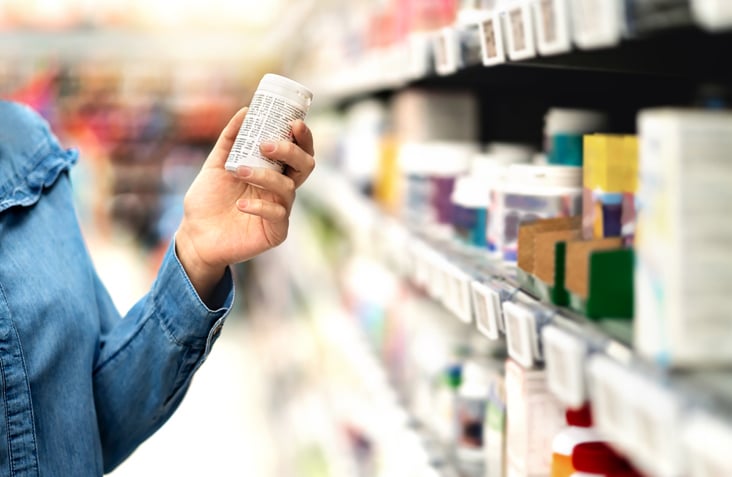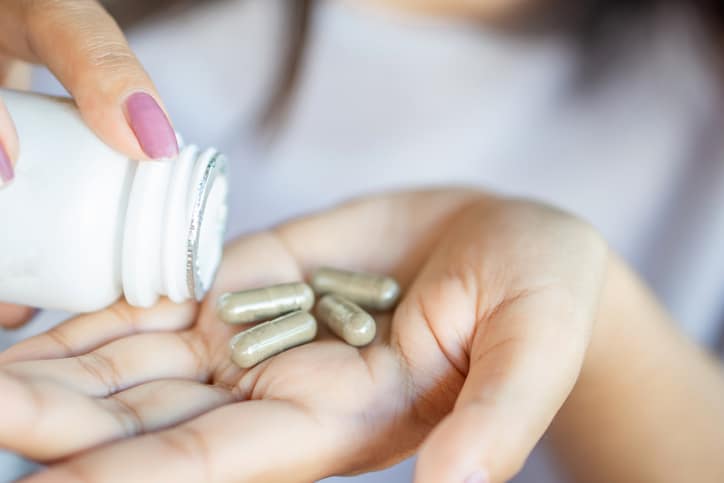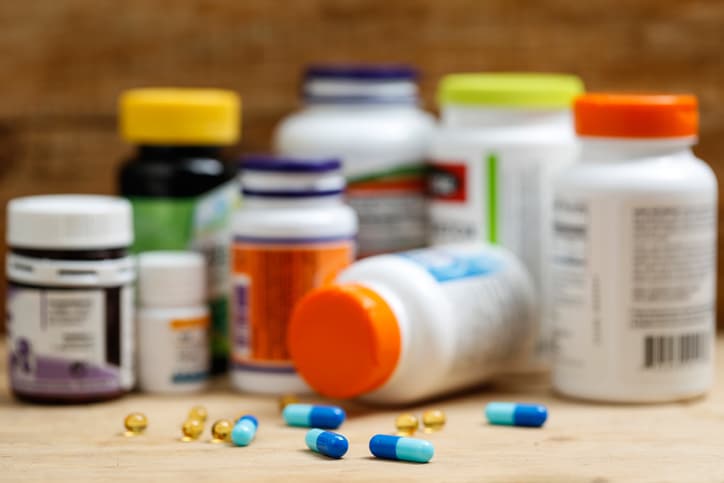
The career of someone involved in clinical research has a lot to do with pharmaceutical and health products, but this isn’t only limited to the prescription medications that may initially come to mind.
Natural Health Products (NHPs) are substances that don’t require a prescription to purchase, and includes, but is not limited to:
- Vitamins
- Minerals
- Herbal remedies
- Homeopathic medicines
- Probiotics
- Chinese traditional medicines
- Ayurvedic traditional medicines
According to a 2010 Ipsos-Reid survey, nearly 70% of Canadians use some kind of NHP, whether it be vitamins or minerals, homeopathic medicine, or herbal products. In Canada, NHPs are governed by the Natural Health Products Regulations, which came into effect in 2004.
According to these regulations, manufacturers of these products must obtain:
- a Natural Product Number (NPN)
or
- a Homeopathic Medicine Number (DIN-HM)
These product codes indicate that the substance has been approved by Health Canada.
To obtain approval from Health Canada, these products need to follow certain rules. Read on to find out some of the factors that influence NHP licensing.
There Is a Specific Way NHPs Need to Report Safety Risks
Information that supports both the safety and the efficacy of NHPs must be assessed by Health Canada to gain its approval. One of the things these manufacturers need to do is submit a risk statement that’s backed up by tangible evidence. The type and amount of supporting evidence that’s required depends on the health claim the product makes and its overall risks.

Different NHPs will require different reports of safety risks
Risk statements differ based on which risk category the product is ushered into:
- For high risk category products, product-specific evidence is recommended, and the evidence package submitted should reflect multiple types of evidence
- For low and medium risk category products, safety evidence that’s generated using weaker methodology will be accepted if it’s supplemented and demonstrates consistency
Most NHPs will be located in a low or medium risk category. But some, such as St. John’s Wort or Valerian, may have serious contraindications when taken with prescription medications, and present higher risks.
In general, risk statements should be based on human evidence. However, evidence of risk in animals can contribute to a greater understanding if corroborative human evidence is also submitted.
Another important fact to note for those considering clinical research training is that advisory information should be based on intolerable or unexpected adverse reactions. Reactions like temporary nausea, which are mild and transient, are less important in this context.
Advertising and Labelling Is Tightly Regulated
Once an NHP obtains market authorization, it needs to remain consistent with the terms under which it was authorized. This governs not only the product itself, but also its packaging, labelling, and advertising. Any unauthorized claim that’s implied through the product, brand, or manufacturer name is considered false or misleading.

NPHs can’t advertise claims that are unauthorized
In 2016, the independent non-profit science advocacy organization Bad Science Watch assessed 558 different product pages for NPHs. They found:
- 20% made direct claims of treating or curing cancer
- 30% made indirect claims
- only 2.3% were authorized by Health Canada for that use
Pros with a Career in Clinical Research Know Just How Important Regulations Are
Though NHPs are regulated, enforcement is another issue. The lack of resources to enforce regulations on NHP listings has left a loophole that bad actors occasionally take advantage of. NHPs are generally safe to consume, but their efficacy is sometimes overstated in attempts to produce products at low costs. As someone preparing for a career in clinical research, you can help ensure that NHPs are safe before they hit the market.

Clinical Research Professionals can help fight NHP misinformation
Take for example a study conducted by researchers from the University of Guelph, who in 2013 analyzed 44 herbal products and concluded that nearly 60% of them contained plant species not listed on the label.
Though this may seem like a worrisome situation, the climate surrounding NHPs can be changed through effort on the part of those involved in the pharmaceutical industry’s clinical research and regulatory affairs. By joining this field, you can enact a real positive change in the lives of Canadians.
Are you ready to learn more about CCRP courses?
Contact AAPS to learn more about our many programs.



